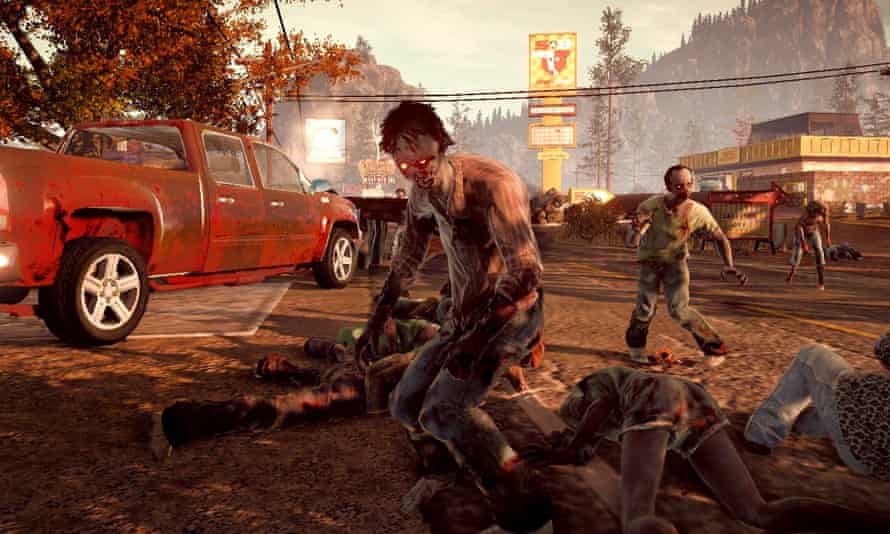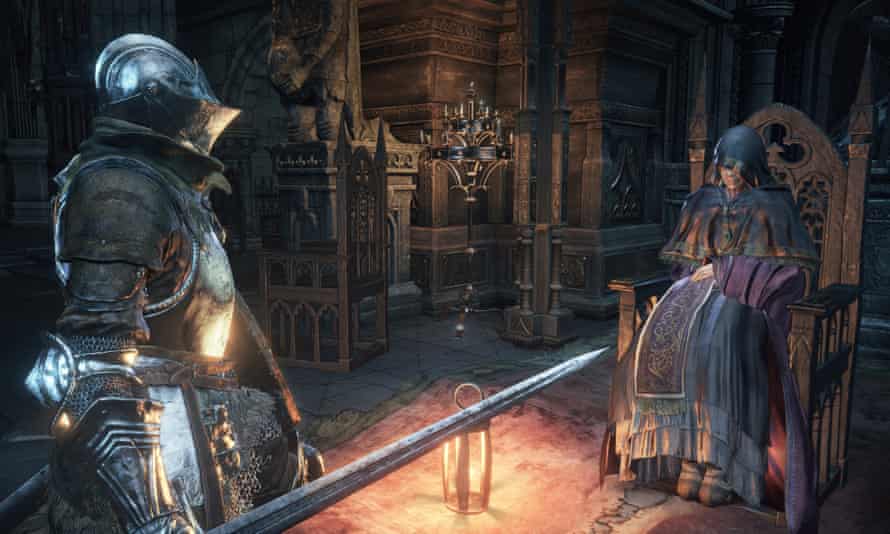Funny Game Where You Take Care of Blue Baby
A s babies, the children of the Lebensborn programme were given VIP treatment: two baths a day, extravagant meals, round-the-clock doting of specialist nurses who would disinfect every spoon and toy before it reached the child's lips. Taken from unmarried Aryan teenage women, some as young as 16, and their Nazi officer fathers, the Lebensborn was a nursery for Hitler's master race, a kind of inverse Holocaust: the systematic, bureaucratic, nurture of life according to race. Around 12,000 of these children were born in Norway, whose blond-haired, blue-eyed giantesses fitted the Nazi profile of an ideal woman. When the war ended, these children, many of whom had been taken from their mothers to be raised in one of nine specialist SS homes in the country, were given up for adoption.
In My Child Lebensborn, you play as one of these adoptive parents who, in 1951, is poised to send your Lebensborn child (you choose the sex of your charge) off to school. Yours is the straightforward existence of the rural small town – your days spent working in a factory, your evenings and weekends harvesting fruit and mushrooms from the forest or catching fish in the lake. Your child is more excited than anxious about school, eager to make new friends and learn. The systematic way in which hope and joie de vivre are stamped out as she is ostracised by her classmates, teachers and, finally, society at large is the game's terrible, affecting theme.
The game, which was developed by the Nordic production company Teknopilot and supported by crowdfunding, works like sort of historical Tamagotchi. Each day, you have two units of time that you must spend meeting your child's needs to prevent various meters from emptying. By bathing her when she arrives home from school, covered in bully-flung mud, you maintain her "cleanliness". Cook dishes from bought and scavenged ingredients and you keep her from falling hungry. You mend her clothes and choose her outfits, paint pictures together and, if there's time at the end of the day, read a bedtime story to draw her into slumber. On top of this, the rewarding, relentless routine of the carer, you also converse with your child. You advise her on how to deal with bullies, revise for school tests and, if you so choose, answer questions about her parents and why she is so often treated by others in a hurtful way (the instinct to protect the child from truths invariably amplifies her confusion).
At the end of each chapter you can see how your dialogue choices have split between optimism, assertiveness and open-heartedness, and how key decisions to, for example, explain Nazism or to attempt to contact her parents compare with those of other players around the world. These reports offer one of the only moments of community and shared experience in a game that is otherwise relentlessly framed as a tale of us v them. And as the story is told, day by day, setback by setback, your feelings shift from sympathy to frustration, from control to anger. Yes, this is the thick injustice felt by the war child – the Isis toddler, the Boko Haram baby – or any young person made to suffer for the sins of the father, the faith or the state into which they were born.
As a portrait of how any child's spirit can be flattened and damaged by repeated "othering", My Child Lebensborn is fierce and unflinching. As a tool to bring to vivid life the emotional texture of history, away from the dry dates and military manoeuvres laid out by so many male history writers, it is uniquely effective. As a video game, however, it's a difficult ride – oppressive, psychologically strenuous and repetitive. But not all video games need be fun to be effective, and My Child Lebensborn will leave any caring, persistent player with an indelible memory.
Also out this month

State of Decay 2
(Xbox One, PC)
Post-apocalyptic zombie fiction is as much as staple of video games as it is cinema, but State of Decay 2 is less fixated on splattering headshots and jump scares than the mundane toil that comes with maintaining a small community of survivors at the end of the world. You hole up in an abandoned home and, after clearing the gore and debris, cultivate a garden, filter rainwater and tend to the sick. Slowly you begin to explore farther afield, scavenging for food and fuel and deciding whether or not to make friends or enemies of other locals. Technical issues only partially spoil this exhilarating if stressful sandbox for adventure.

Dark Souls Remastered
(PS4, Xbox One, PC)
This shadowy, dark fantasy netherworld of lumbering knights and crackling dragons made a star of its director, Hidetaka Miyazaki, in 2011. Two successful sequels later and this remaster spirits us back to a game that remains, for many, the high point of his career. You skitter through narrow sewers and dense forests while cowering behind a shield in desperate search of one of the bonfires that punctuate this unforgiving world. It's never clear which of the cast of characters you meet on the way are friend or foe, but finding out is strong magic. The lick of paint cannot hide Dark Souls' visual cracks, but its scorching core remains undimmed.
Source: https://www.theguardian.com/games/2018/jun/09/my-child-lebensborn-review
0 Response to "Funny Game Where You Take Care of Blue Baby"
Post a Comment